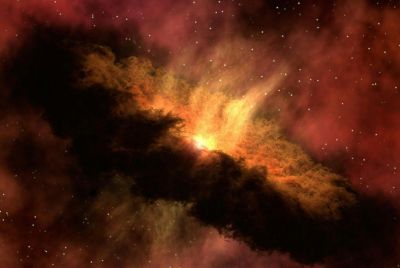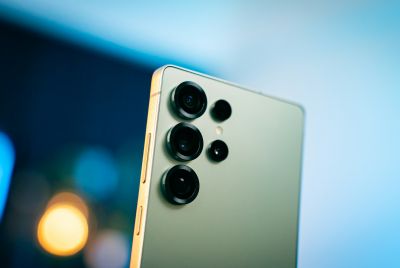NASA and ESA Plan Mission to the Sun

NASA and the European Space Agency will combine forces to attempt an ambitious study of the sun.
The Solar Orbiter is planned to launch in 2017 and will pass within 26 million miles of the sun -- close enough to collect particles that have been propelled from the solar surface, Sky News reports.
The ESA says the probe will have to endure sunlight 13 times more intense than any seen on Earth with temperatures reaching 500 Celsius and extreme radioactivity that will test its equipment.
The ESA hopes the mission will provide insighte into how the sun generates the stream of high-energy particles, called the solar wind, that bathe the Earth and other planets.
NASA will participate, providing two instruments for the probe and the rocket to send it into space.
The ESA will also launch a space telescope in 2019. Euclid is designed to map out the large-scale structure of the universe with unprecedented accuracy. The observations are to stretch across 10 billion light years, revealing the history of its expansion and the growth of its structure during the last three-quarters of its history.
Like the Solar Orbiter, Euclid will cost close to a billion euros. But the mission still needs to clear some legal hurdles and formal adoption is not expected until next year. A launch could occur in 2019.
"They are both exciting missions, and it was really good to hear today that the physics Nobel Prize was awarded to research on the accelerating universe, which is of course linked to Euclid," said Alvaro Gimenez, the ESA's director of science.
"And I'm really looking forward to Solar Orbiter, which will become the reference for solar physics in the years to come," he told BBC News.
The ESA itself will be investing about 500 million to 600 million euros in each venture, with individual member states paying for the instruments that will be carried on the spacecraft. National governments will also fund their own scientists to process and interpret the data returned by the missions.
Euclid's launch, on a Russian Soyuz launch vehicle, is planned for 2019 from Europe's Spaceport at Kourou, French Guiana.
"With the selection of Solar Orbiter and Euclid, the science programme has once more shown its relevance to pure science and to the concerns of citizens: Euclid will shed light on the nature of one of the most fundamental forces of the universe, while Solar Orbiter will help scientists to understand processes, such as coronal mass ejections, that affect Earth's citizens by disrupting, for example, radio communication and power transmission," says Alvaro Giménez, ESA's director of science and robotic exploration.
The Solar Orbiter will be launched from Cape Canaveral, Fla., and will take three years to reach the sun.
© Copyright IBTimes 2025. All rights reserved.




















